-77%
Interstitial Lung Diseases: A Comprehensive Exploration of Diagnosis and Management
Introduction: The Importance of Interstitial Lung Diseases (ILD)
Interstitial lung diseases (ILD) are a diverse group of conditions characterized by inflammation and scarring of the lungs’ interstitial tissue, the delicate network of connective tissues that surrounds the air sacs (alveoli). Understanding ILD, its diagnosis, and management is crucial for healthcare professionals to provide effective care for patients.
Approach to Diagnosis and Evaluation
A thorough diagnostic approach to ILD involves a comprehensive assessment of the patient’s clinical history, physical examination findings, and laboratory and imaging tests. Radiology plays a vital role in the evaluation of ILD, providing detailed images of the lungs to identify characteristic patterns associated with different types of ILD. Pathology, the study of tissues, is also essential in diagnosing and classifying ILD, as it allows for the examination of lung tissue samples under a microscope to determine specific disease characteristics.
Idiopathic Pulmonary Fibrosis (IPF)
Idiopathic pulmonary fibrosis (IPF) is a progressive, irreversible form of ILD with an unknown cause. It is characterized by the formation of scar tissue in the lungs, which leads to a decline in lung function and ultimately respiratory failure. This issue of the journal explores the various phenotypes (types) and comorbidities (additional medical conditions) associated with IPF. It also discusses the management of IPF, including the role of acute exacerbation and accelerated decline, and examines novel approaches to therapy.
Connective Tissue ILD and Other Subtypes
In addition to IPF, this issue covers a wide range of other ILD subtypes, including connective tissue ILD, which is associated with autoimmune connective tissue disorders such as systemic lupus erythematosus and rheumatoid arthritis. Chronic hypersensitivity pneumonitis, a condition caused by an allergic reaction to inhaled substances, is also discussed, along with familial ILD, which is inherited, and smoking-related ILD, which arises from the effects of cigarette smoke. The issue also reviews non-specific interstitial pneumonia, a diagnosis given when specific criteria for other ILD subtypes are not met.
Lung Transplantation: A Surgical Option for Severe ILD
In the final article, the topic of lung transplantation is explored. Lung transplantation is a surgical procedure that involves replacing the damaged lungs with healthy lungs from a donor. This option is considered for patients with severe, progressive ILD who have limited therapeutic options. The article discusses the indications, risks, and benefits of lung transplantation in the management of ILD.
Conclusion: Advancing Understanding and Improving Outcomes
This state-of-the-art issue on interstitial lung diseases provides a comprehensive review of the latest advancements in diagnosis and management. By bringing together the expertise of leading pulmonary specialists from UCSF and the University of Modena, this issue aims to enhance the understanding of ILD and ultimately improve patient outcomes.


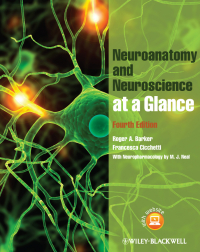
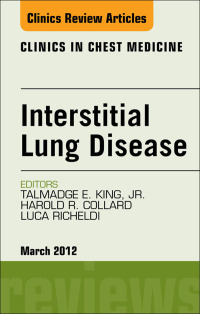
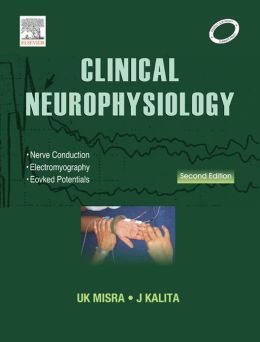
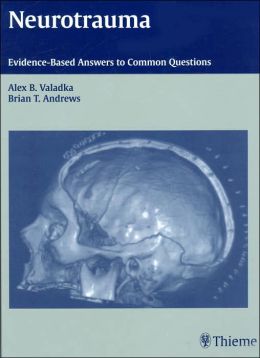

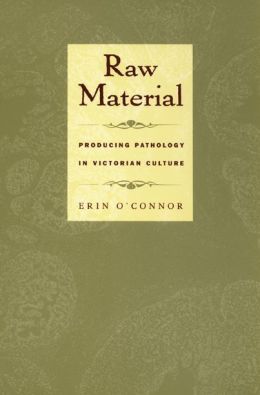
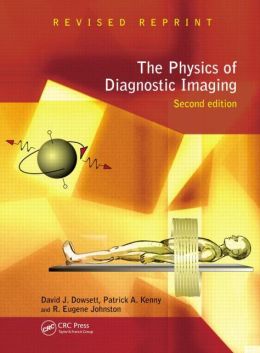
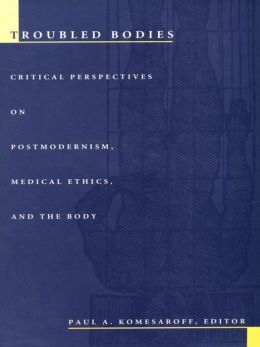
Reviews
Clear filtersThere are no reviews yet.